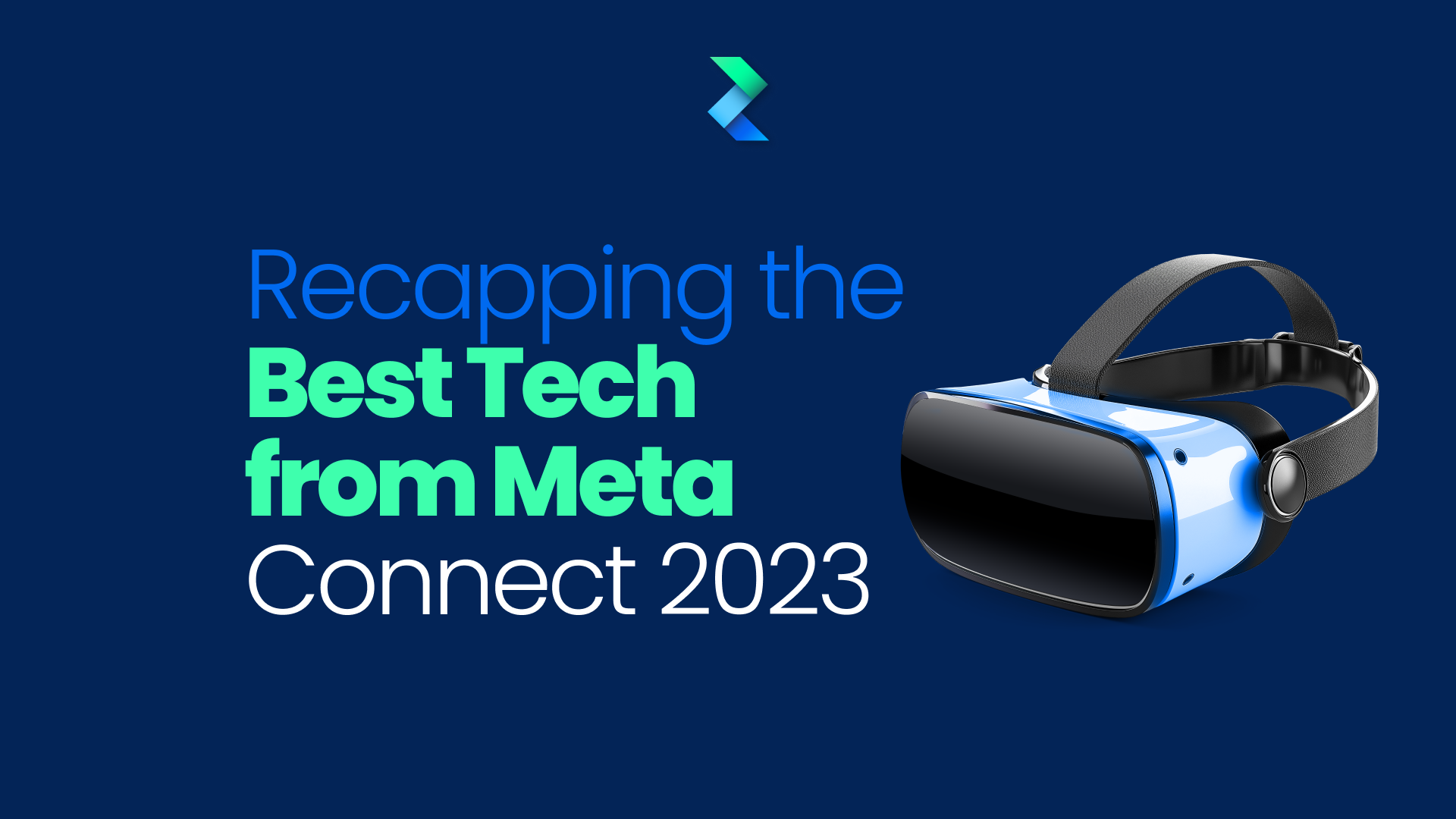Modern tech showcases are typically slick, well rehearsed productions. This is especially true in the wake of Covid-19, which turned once-live shows into studio-created affairs (like the recent Apple Event).
In that context, this week’s Meta Connect event was positively old school, as Facebook founder and CEO Mark Zuckerberg kicked things off in person for the first time since the pandemic. Fittingly for a company that started – and is still best known as – a social network, human connection was a major theme of the event. It cropped up time and again in the decidedly lo-fi-feeling presentation of Meta’s new Quest 3 VR headset, Ray-Ban smart glasses, and a new approach to AI.
Here’s the breakdown of the important bits.
Meta Quest 3
The sequel to the best selling VR headset of all time, the Meta Quest 3 takes hands-free virtual reality up a notch in just about every way.
In some ways, this new iteration shares many similarities with Apple’s Vision Pro. Both systems feature passthrough – this means they use exterior cameras to show you the real world while you’re wearing the headset. This technology enables Quest 3 to overlay VR elements on the real world.
In the presentation, examples of this effect included laying a game board on a coffee table, displaying information in the air, or even creating mixed reality experiences with portals to other worlds appearing on the room’s walls.
This is made possible thanks to the sheer grunt of the Meta Quest 3. It packs Snapdragon’s XR2 Gen 2, with a pumped up GPU – Meta claims that this is the most powerful VR set ever. Not only does this have big implications for the general performance of the device, it has another big perk: Going tetherless.
Previous Meta Quest headsets required tethering to a more powerful PC to get the best of their performance. For the Quest 3, you can disconnect completely, giving you more freedom to move through real world space as easily as you do through digital ones.
Ray-Ban Meta Smartglasses
The other major hardware release of the day, Meta’s partnership with Ray-Ban has expanded to cover functionality and styles (although it’s hard to look past the iconic Wayfarer).
The latest iteration of Meta’s tech-packed specs are capable of live-streaming and photos thanks to onboard cameras, and also come bundled with a built-in Meta AI. Users can interact with the AI through open-ear audio (fancy directional speakers, more or less) and five microphones built into the frame. So you finally have an excuse to look like you’re talking to yourself.
In good news for those of us with less-than-perfect vision, the glasses are also available in prescription flavours. They boast four hours of charge time when worn, but that can be extended to 36 hours, thanks to a stylish (if slightly bulky) charging case.
Welcome to the AI Family (Featuring Snoop Dogg)
There were two throughlines that permeated the presentation: The aforementioned social connections, and AI.
Artificial intelligence is pretty much a mandatory part of any tech demo nowadays, so its inclusion wasn’t surprising. What was interesting is the approach that Meta is taking, which diverges pretty significantly from the mainstream.
Most companies – like Google, Apple, and Microsoft – have taken a sort of jack-of-all-trades approach to their AI, creating systems that are able to cover a wide array of subjects and tasks.
Meta has gone pretty determinedly in the other direction. Their AI assistants are dedicated to one area of expertise, creating a family of AI experts that can be called upon for different tasks. Not only that, they’ve gone to the trouble of hiring real-life celebrities to ‘play’ the AI. Want ideas for dinner? An assistant that looks suspiciously like celebrity chef Roy Choi has got you covered. Style tips? AI Pari Hilton knows what’s hot. Need help running a game of Dungeons and Dragons? Enter the Dungeon Master, played by… Snoop Dogg. No, really.
Beyond the goofiness of their AI-avatars, Meta’s approach offers some other interesting tidbits. Both the Ray-Ban Smartglasses and Quest 3 come bundled with AI, and they’re even planning to release a suite of tools to allow people to build their own AI assistant.
But we all know the real story is Snoop Dogg, dungeon master.



Transform Your Home with Rentoza
For the Fans: What to Expect From the New Samsung FE Lineup